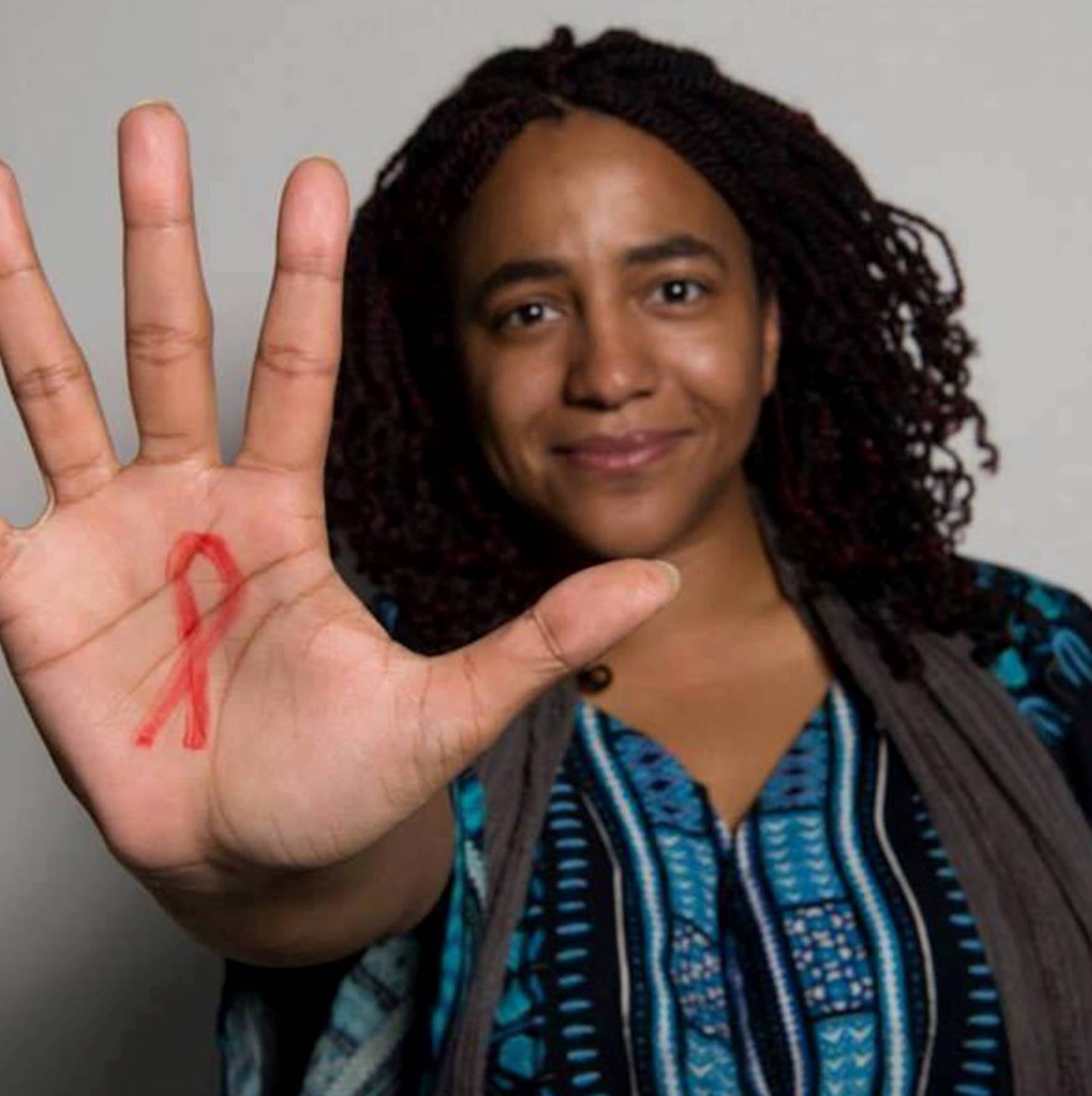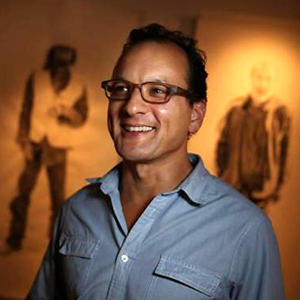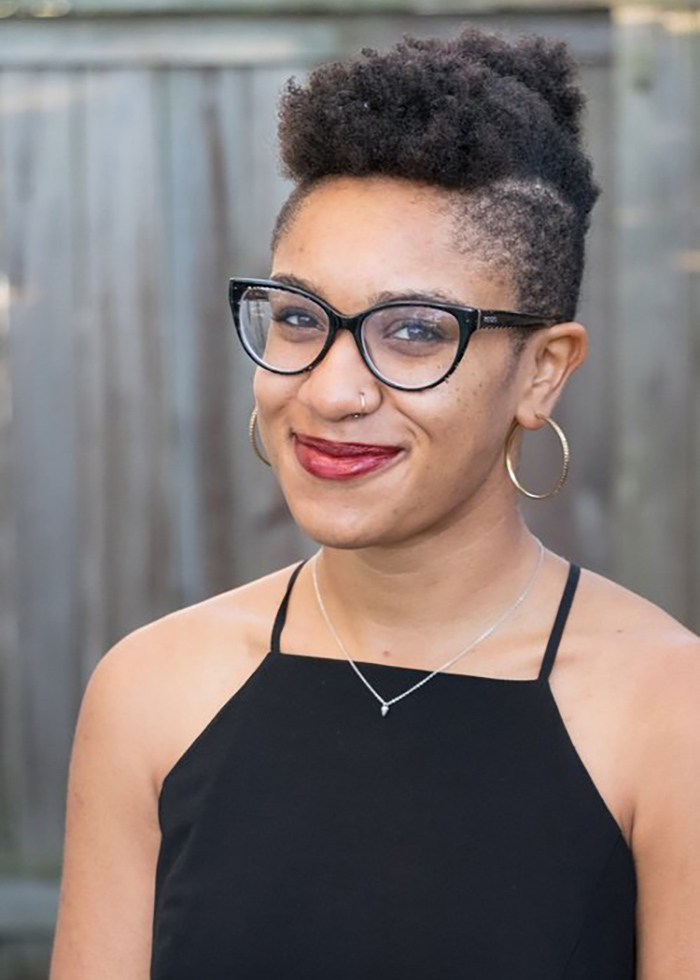On March 2, when we could still gather together, Aurora held a town hall conversation to discuss how we can create a more welcoming and inclusive theatregoing culture in the Bay Area. Welcome to Our Space?: a Town Hall on Audience Interactions was cosponsored with Calling Up Justice, Z Space, Shotgun Players, and Theatre Bay Area, and featured panelists Sean San José of Campo Santo, Claudia Alick of Calling Up Justice, and moderator Leigh Rondon-Davis of Shotgun Players and Ubuntu Theater. The event was livestreamed on HowlRound Theatre Commons; a video archive of the first hour can be accessed here. Berkeleyside reporter Emily Mendel was in attendance, and wrote this article about the event.
We held this event because of feedback we’ve been getting about some negative audience interactions people have experienced before, during, and after performances in our space. Other organizations tell us they’ve been experiencing the same issues -- it’s clear that this problem has been around a long time, and is long overdue for examination. Young people and people of color disproportionately experience microaggressions -- those subtle behaviors that may or may not have negative intent but that cumulatively have harmful impact -- in public spaces such as Aurora’s lobby and theater. We believe that it is incumbent upon theatres to listen to people when they tell us ‘I was made to feel unwelcome in your space.’ When we hear this, we have to listen, we have to believe the people who are telling us about their experience, and we have to take action.
Our hope was for two outcomes: that this event would generate ideas for what Aurora can do as an organization to create a more welcoming culture in our space and among our audiences, and that this event would help our well-intentioned patrons understand how some behaviors can have a much more harmful impact than they perhaps realize.
The event was well-attended with patrons, artists, and representatives from other organizations, and the discussion covered microaggressions towards people with disabilities, and towards older people, as well as microaggressions related to race. “Sometimes the literal, physical space can be a microaggression,” Claudia Alick said. “Sometimes the signage lets you know you are not welcome. That space isn't for you. Sometimes the fact that it's all stairs [lets you know] this performance venue didn't have me in mind.” We discussed the ways theatres can be more welcoming to people with hearing and vision challenges.
Claudia also described the unfortunate reality that sometimes microaggressions are used maliciously to cause harm. “Because they know they can get away with it. It's that person who comes up to you at the party and they're smiling, then they say something to you that's really offensive but they recognize the social mores of the scene won't allow you to react… Generally, people have good intent but ultimately I don’t think intent matters, its impact that matters.”
One moment in the conversation particularly stood out. We were discussing the all-too-common phenomenon of young people of color in the audience being shushed by older white audience members, often ostensibly for laughing too loudly or inappropriately. One audience member talked about her expectations around audience behavior at a Shakespeare play, and her technique of giving a pointed glare to audience members who are not conforming to those expectations. This sparked a discussion of the expectations themselves -- where they come from, who’s responsible for them, how they differ depending on context and among different people. Is it the responsibility of individual audience members to let each other know if they’re not behaving in the expected way? Sean San José compared a performance to a dinner party, at which it’s the responsibility of the host to set the expectations beforehand.
Then Leigh Rondon-Davis said, “I was the recipient of that glare. And the way it made me feel was awful. I felt condescended to, I felt -- not necessarily your glare, let me clarify that. But I was the recipient of a glare. And within the context it was a little bit different. But I felt condescended to. I felt embarrassed. I felt humiliated. I felt like I didn’t deserve to be here. In the space. And what I understand your intention to be is that you’re just trying to hear and understand Shakespeare, but what is received is that I am less than this person who’s looking at me. And I totally understand where you’re coming from and being able to hear and understand what’s going on especially in really dense plays or classical work, but intention is different from perception, and that small thing can really just fuck up somebody’s day. And it’s hard, it’s hard to know. But I just wanted to share that that was my personal experience with that.”
Ultimately, our hope is that we can work with our audience -- and with the Bay Area theatre community -- to truly make everyone feel welcome in our space. I believe that a theatre is the storyteller for its community, and for that to work everyone in the community needs to feel welcome.
|
Sean San José: “There’s two big conversations. One is personal experiences, personal obligations or dilemmas, but also the question is on us; it's on the host. If we’re throwing a party, if I’m inviting you to my house, I’m going to set the tone for the room, the vibe, the temperature, whatever you want to call it. Part of that, almost entirely, is on the host. It’s on us that invite people into a space to set the tone off the top.” |




 VIEW CALENDAR
VIEW CALENDAR